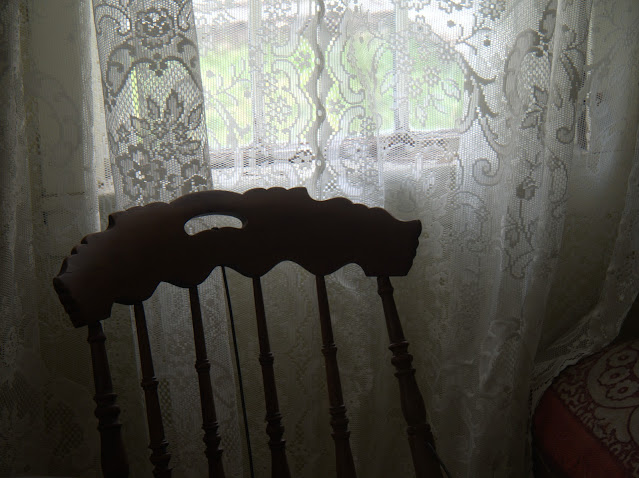Be assured, the consistory of the Christian Reformed Church of Sioux Center, Iowa, felt little "peace on earth" on Christmas of 1919. The consistory's skirmishing with the upstart Teachers Meeting had become almost a daily thing, producing conflicts that had no visible exits. The consistory had laid down the law; the Teachers Meeting had thumbed their noses, behavior that belittled the authoritative council of congregational life. It looked and felt like plain old insurrection.
Meanwhile, as if they weren't sufficiently oppressed by the teachers, the consistory was visited by two men with heads full of steam, two men whose cause was two-fold. They demanded the language used in Sunday worship be changed from Dutch to English, and, furthermore, that an additional name be added to the list of consistorial candidates for election, Watse Bierma, whose position on the Teachers Meeting battles was well-known: Bierma sympathized with the rebels.
Essentially, the consistory tabled both demands with reference to the calendar--it was a day before the congregational meeting. They couldn't be expected to engineer drastic changes in the practices of the church on such short notice.
But their appearance before the consistory didn't bode well. Van Dyke says, "An attempt to place [Bierma's] name in nomination made it appear as if there were an organized effort on the part of some members of the congregation to challenge the consistory's decision-making authority," which, of course, there was. Temperatures around that table continued to rise.
Still, it was the consistory's ruling that did all the emotion-stirring in the Teachers Meeting: if the teachers would not abide by the terms of the Sunday School's original constitution, there'd be no more Sunday School. Period. End of discussion.
On December 25, 1919, the congregation, some happily, some not--went off to church for the Sunday School Christmas program, hoping to sing carols, watch their darling kids, and enjoy the blessings of the season of good will towards men.
But the Teachers Meeting was in no mood for reconciliation. When the program ended, they moved front and center to declare, first of all, the happy successes of the congregation's Sunday School program (200 kids attending Sunday School in English, forty more in Dutch), and then announce that a shortfall in teachers had triggered a conflict with the consistory concerning how exactly to fill those positions the success of the program had created and required.
Up there before the entire congregation, the Teachers explained their position, even citing the Acts of Synod, including the specific provisions for consistorial rule. They did not mention the matter of how Sunday School teachers be chosen, but declared right there that afternoon in church that the conflict had come to a conclusion by way the consistory's determination that there would be no more Sunday School at Sioux Center CRC.
Imagine that--just after the Sunday School program, the teachers announce the death of Sunday School.
Every last moment of their presentation must have served to raise the consistory's ire. No one had seen it coming. They were gob-smacked, AND blamed entirely for bolting the doors on Sunday School. At Christmas in Sioux Center CRC there was no peace on earth. Van Dyke says the consistory considered the actions the Teachers had taken on Christmas "a declaration of war."
In the context of ordinary church life, a breakdown such as the one that Sioux Center CRC was suffering through could not be seen only as a personality conflict. These were God's people, doing God's work, in God's world in God's church. When the consistory met again after Christmas, they found it difficult not to think of what had happened as full-blown rebellion--and that their own undershepard, Rev. De Leeuw, as part of the rebel front and to see all of that high drama in biblical terms. Sin. There had to be sin. Only sin could have so shrouded the Teachers' sense of righteousness, and sin, public sin, had to be confessed. Thus, the consistory accused the Teachers Meeting of violation of the 9th commandment. They had, surely, bore false witness before the congregation. All had seen and heard. Confession of sin, public confession of sin was essential.
Still, when, a few days later, a petition was sent to the consistory, signed by several members of the congregation, members of standing within the congregation, the consistory simply told itself that there now was full-fledged opposition.
The Sunday School responded in like-mind:
We thus regard the demands of the Consistory as an interference with the rights of the teachers and the terminating of the Sunday School as an unlawful deed below the dignity of the Consistory which is appointed over the congregation as a serving and not a ruling power.
Christmas 1919 was memorable but by no means beloved.































